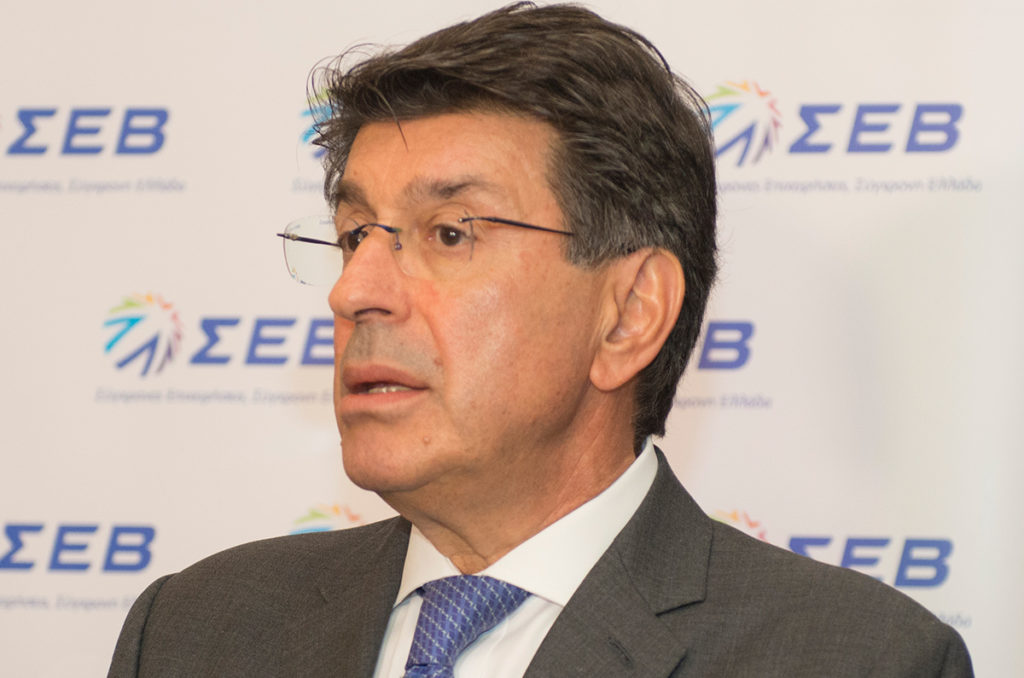At the end of the fiscal adjustment programmes, Greece balanced state budget revenues with expenditures by excessively burdening taxpayers, labour and businesses, and consequently slowed down the growth prospects of the economy.
Without economic and technological impetus, lacking in industrial policy, with disinvestment exceeding 100 billion euros, a high trade deficit, a huge stock of non-performing loans, low productivity, extensive unemployment and aging demographics, Greece cannot afford to remain at a growth rate of 2%, as it risks being trapped in the category of countries with low salaries, low skills and low innovation.
The real economy has been bled dry in order to achieve the high fiscal surplus, which at the very least should be put to use in order to bring about a productive transformation of the economy. Greece must avoid exhausting itself in a competition of pre-election pledges that will harm the medium-term prospects of the economy and send negative messages to the international markets, from which it remains excluded. For example, increasing the cost of labour, without this being sustained by a corresponding increase in productivity, may ultimately bring about the opposite effect in the struggle against unemployment and undeclared labour.
The top priority for restarting the economy should not, and cannot, be stimulating consumption, in an economy where 70% of the GDP is generated by consumption, and imports exceed exports by 21.5 billion euros annually. Because such an increase in consumption will not be to the benefit of the Greek economy, as it will not stem from an increase in the domestically-manufactured products and enhanced productivity of businesses and their international competitiveness.
The top priority of economic policy must be stimulating output through a targeted reduction in the overtaxation of labour which, in turn, will bring about an increase in the available income of workers, investments and jobs. The cuts in taxes and contributions must first and foremost benefit private sector workers and Greek families, a large portion of whose income is channelled into taxes and contributions for which no retributive public services are offered.
As is the case each year, SEV is once again submitting its proposals for a dynamic and sustainable recovery of the economy, in the hope that they will be utilised in drafting and implementing a policy that will bolster the investment and growth that Greece desperately needs.
There is a lot of highly demanding work that remains to be done in order to manage to transform the economy into one that is based on production and exports. The responsibility lays firmly in all our hands. The entire political system, as well as responsible stakeholders in the economy and society, face an exceptionally high number of challenges. These extend to include a revision of crucial articles of the Constitution, encompass the whole breadth of public administration operations and the sectors of the economy – especially in drafting an ambitious industrial policy, and reach as far as the industrial revolution that must be immediately launched in Greece. What must be done is well known to everybody. Implementation is what remains to be done.
In view of the lengthy pre-election period that is opening up ahead of us, it is critical to avoid the political polarization and clientelistic practices of the past which divert citizens’ attention from the persistent and urgent structural problems of the economy, As this would result in higher interest rates, unwilling investors, a curb in growth, lessening of Greece’s clout and a new period of trials and poverty.
Greece is exiting the programmes more competitive, but also poorer. It is crucial, however, to note that it is also wiser. Through its ability to transform all painful experiences into prudence and collaboration, making this problem-riddled corner of Europe a pole of stability and prosperity. The great sacrifices on the part of its citizens and businesses must be made to pay off by Greece making headway and leaving behind it the distortions of the past.
Kind regards,
Theodoros Fessas







